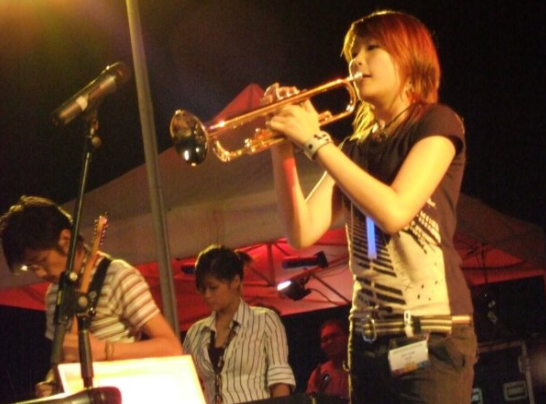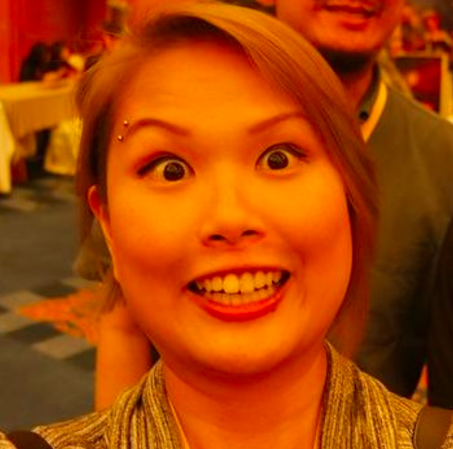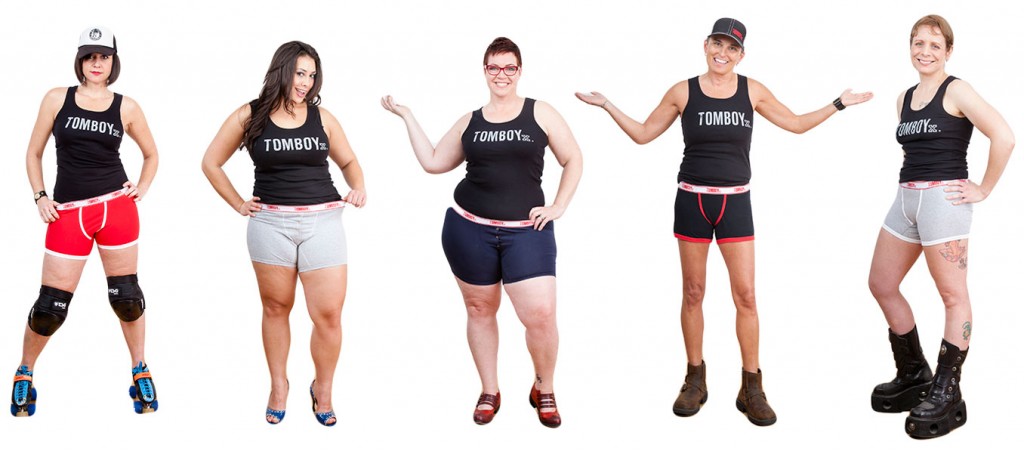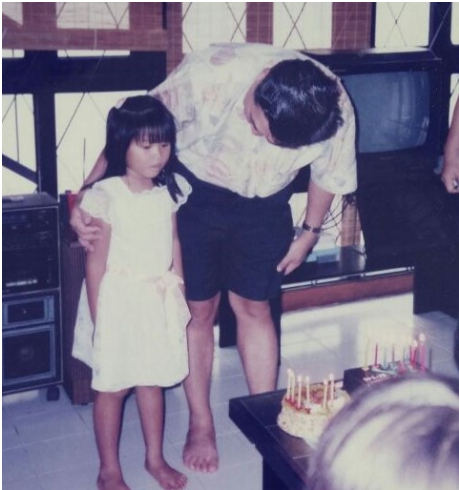By Gwen Guo
When I was in kindergarten, princess dresses were all the rage. I’d wear them not just for special occasions, but also on normal days. You could call me happy-go-lucky — everyday was a day to celebrate something and feel good about myself. Those were also the years when my parents enrolled me in swimming classes. The first time I felt conscious about my looks was when I was celebrating my 6th birthday, where I wore a fancy white princess dress.
Everything was great — there were presents, a cake and singing. Yet, some of the grownups felt compelled to comment about my skin, asking me why I was so tan and declaring that princesses look strange with dark skin. At that age, I didn’t think it was anything. But after looking at the developed photos of myself from that birthday party, I began to feel that something was amiss. Growing up, all images of princesses in movies, TVs and books were always fair-skinned. Maybe the grownups were onto something after all.
Eventually, I grew out of the phase of wanting to be a princess and picked up basketball in primary school. I’m fortunate that the all-girls’ school which I attended valued sports, so there wasn’t much pressure to be more “feminine”. After all, primary school is about play, fun and exploration. My friends and I even roleplayed as Amazonian queens during recess; we would climb onto rocks pretending to be scouting for enemies, or create imaginary ammunition out of pebbles. Being surrounded by children my age without interference from adults, we could aspire to be whatever we wanted to be without fear of judgement.
But things changed in secondary school, where one’s image and physical appearance holds more weight in society. Being an outdoors person, my tan skin had remained with me throughout my life, even till this stage. Even my mother was concerned about me developing freckles and blemishes, and would occasionally comment about my skin tone. At this point, I had become more conscious of other flaws like my jiggly bits, sparse eyebrows and thinning hair. I felt like I didn’t fit in for a plethora of reasons – I was socially awkward, liked sports but wasn’t particularly good at it, abysmal in my studies, shy, and hideous compared to everyone else. While everyone else was coming the streets of Orchard Road to shop for new clothes that were “in fashion”, I would wear my brother’s hand-me-downs.

During this stage, I also picked up video games as a hobby. Going out to meet my all-male gaming friends in person was both exciting and terrifying. I could almost smell disappointment when these boys, who met me for the first time, realised that the “gamer girl” they’d been so eager to meet was just a tanned tomboy wearing her brother’s clothes. One even told me that my hips looked “too big” just because I was wearing bermudas.
Then, at 16, I met my first boyfriend through gaming. Having a boy like me despite the way that I looked was flattering, and I treated his opinions with great consideration. I thought he accepted me for the way I looked. Unfortunately, things didn’t turn out so rosy – my boyfriend started policing my clothes, “recommending” that I wear shorter skirts, heels and makeup. Somehow, even my thinning crown became something he had to talk about. “I’m concerned about your balding,” he’d express. I’d buy hair tonic and desperately try to thicken my hair while trying on new makeup, just to appease him. But whatever I did to my appearance was never good enough for him. The only saving grace was that I genuinely began to enjoy applying makeup, but he still managed to find an angle for criticism. “Who the hell wears blue eyeshadow during the day?” he sneered.
The final straw that broke the camel’s back was what he said to me after finding out that I had suffered second-degree burns after irresponsibly playing beach volleyball without sunblock for 3 hours. “You look like a black piece of crap,” he snipped. For the first time, I decided to stand up for myself, and told him that his words hurt me. Predictably, he brushed it off by proclaiming that it was just a joke.
Harnessing the dignity that I still had, I finally left him after enduring unreasonable expectations for months. I went on with my life, more confident with the realisation that I was in control of my own appearance and that I had the power to say no. After all, lions should never concern themselves with the opinions of sheep. In Polytechnic, I experienced so much more freedom – I wore my makeup the way I wanted to, chose the clothes that fit me instead of forcing myself to fit into modelesque clothes… That positive energy was eventually translated into the outgoing person that I am today.

To be honest, there are days when I still suffer from low self-esteem. I didn’t dare to walk out of the house without makeup until I was 22, and I still feel conscious about my fluctuating body fat percentage till this day. But, as I continue to grow and form a deeper and larger identity beyond the surface of my skin, I know that these low phases will become shorter.
For those of you reading this, please understand that your body choices are a personal right, and nobody can take this right away from you. Go forth and face the world, whether you are fat or skinny, made-up or bare-faced, tattooed or not, bald or hairy, firm or flabby! If people comment negatively on your appearance, a simple reply would be, “Thanks, but I don’t think my looks need your concern.”

About the Author: Gwen is one of the three co-founders of IMBA Interactive, a startup which provides audio services to video game developers. Being an avid gamer and lover of internet memes, she hopes for a world where games and game communities don’t shy away from inclusivity.

